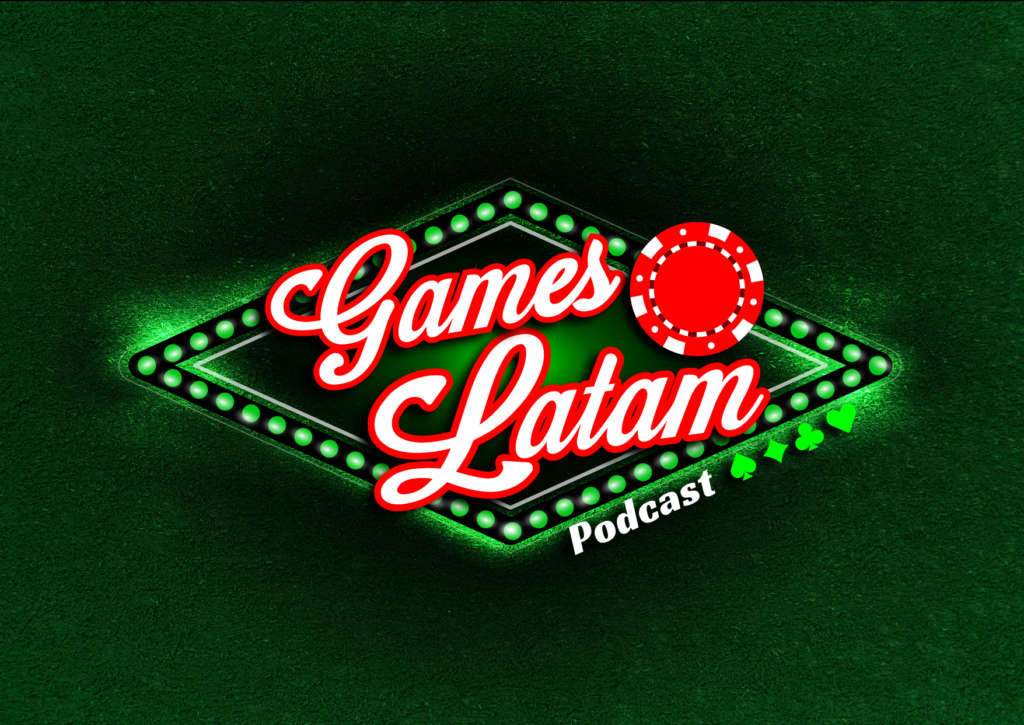Picture winning a life-changing casino jackpot, only to find your winnings withheld by a sub-licensee.
Now, the Dutch Supreme Court demands that Curaçao master license holders settle such unpaid prizes.
Imagine a fairer system where online gambling reforms give winners peace of mind, with guaranteed payouts.
Discover what this ruling means, and see how it reshapes Curaçao’s licensing landscape.
Curaçao’s Game-Changer: Top Court Makes Master Licensees Liable for Unpaid Casino Winnings
3 Key Points
- Supreme Court Ruling: Master licensees must cover sub-licensees’ unpaid winnings.
- Historic Reform: The court outcome coincides with Curaçao’s new LOK law ending the old two-tier licensing system.
- Wider Implications: Liability burdens could reshape Cyberluck and other main licensees’ financial obligations.
Curaçao Ex-Master Licensees Liable for Unpaid Winnings
The Dutch Supreme Court has affirmed a landmark decision that compels Curaçao master license holders to shoulder responsibility for their sub-licensees’ unpaid casino winnings. This ruling arises from a case involving a Turkish player who won 620,000 Turkish lira (€16,910) on the Bahsine platform, operated by Trigonon Group NV. The online casino functioned under a sublicense from Cyberluck Curaçao NV, formerly trading as Curaçao eGaming.
Regulators have historically allowed four master license holders to grant sublicences to third parties. However, these sublicensees often faced minimal supervision, which resulted in accountability gaps and disputes over unpaid winnings. As part of the island’s new National Ordinance for Games of Chance (LOK), that system is now undergoing major reforms. In line with these changes, Cyberluck saw its master licence expire on 1 October, though some existing sublicensees maintain transitional privileges under the revised system.
Lawsuit Sparks a Landmark Outcome
A Turkish player won big on Bahsine, but was unable to collect. The operator allegedly closed the player’s account, citing unclear reasons. With the player’s claim, the Foundation for the Advocation of Victims of Online Gambling (SBGOK) intervened. Directed by Dutch journalist Nardy Cramm, SBGOK has previously secured successful bankruptcy claims on behalf of unpaid players, including against high-profile outfits like 1xBet and BC.Game.
When Cyberluck argued it had no direct duty of care toward sub-licensee customers, the court rejected that defense. Instead, the judges stated that oversight is integral to a master license holder’s role. If a sublicensee fails to pay legitimate winnings, the master licensee must make players whole. According to the Supreme Court, the master licensees “let it get out of hand,” meaning they failed to intervene until problems escalated.
Broader Systemic Shifts
This judgment arrives just days after the passage of Curaçao’s LOK legislation, intended to end the reliance on a two-tier licensing model. Historically, minimal requirements allowed sublicensees to operate globally under the “Curaçao flag,” often with limited checks on operational integrity. The Supreme Court emphasized that the island’s reputation suffers if unregulated or unethical behavior persists under this outdated framework.
With both Trigonon and Cyberluck deemed responsible for the Turkish player’s winnings, this ruling reaffirms that external partnerships do not absolve top-level licensees of accountability. The court’s language indicates a broad warning to future market participants: turning a blind eye to sub-licensee misconduct will result in liability.
Financial and Regulatory Consequences
Industry observers point out that this liability can spell significant financial burdens for ex-master license holders. The court specifically mentioned that the “worldwide online gaming business” sees huge revenue flows under Curaçao’s brand. Thus, these master licensees may risk substantial penalties if more unpaid claims emerge. Meanwhile, Cyberluck previously tried to challenge Nardy Cramm’s statements about the sub-licensing system in court. Although it initially won, the Supreme Court overturned that decision on appeal.
In practical terms, the ruling is not immediately enforceable against Cyberluck. However, potential waves of additional claims or lawsuits may soon follow. With new legislation in effect, Curaçao aims to modernize its regulatory environment, thus preventing similar disputes from tarnishing the island’s gaming reputation. While the path forward is not without challenges, it signals that complacency will no longer be tolerated.
Technological and Operational Adjustments
Operators pivoting to the new system will have to re-check compliance and standardize internal processes. Under the LOK framework, licensees must adhere to more rigorous regulations, ensuring transparent operations and verified payment solutions. Enhanced due diligence on any new sub-licensing arrangement is critical. The legal message is clear: ambiguous corporate structures will no longer protect main licensees from repercussions when payouts go unfulfilled.
Moreover, this shift underscores a larger industry push for responsible gaming and accountability. As markets worldwide tighten oversight, Curaçao’s reforms represent a critical benchmark. Should other jurisdictions follow suit, global license holders might face similar liabilities for their third-party affiliates.
The Dutch Supreme Court’s ruling cements a new reality in Curaçao’s evolving gaming sector: master license holders must assume responsibility when sub-licensees fail to pay out winnings. This stands as a vital step in enforcing accountability and safeguarding player interests. Combined with the recent LOK legislation, Curaçao strives to rebuild its reputation on the global stage. If operators plan to remain profitable and credible, they must embrace stringent oversight and transparent financial practices.
The post Curaçao Master Licensees Held Liable For Unpaid Winnings appeared first on Gamingo News.
Picture winning a life-changing casino jackpot, only to find your winnings withheld by a sub-licensee. Now, the Dutch Supreme Court demands that Curaçao master license holders settle such unpaid prizes. Imagine a fairer system where online gambling reforms give winners peace of mind, with guaranteed payouts. Discover what this ruling means, and see how it
The post Curaçao Master Licensees Held Liable For Unpaid Winnings appeared first on Gamingo News.
Participe da IGI Expo 2026: https://igi-expo.com/










